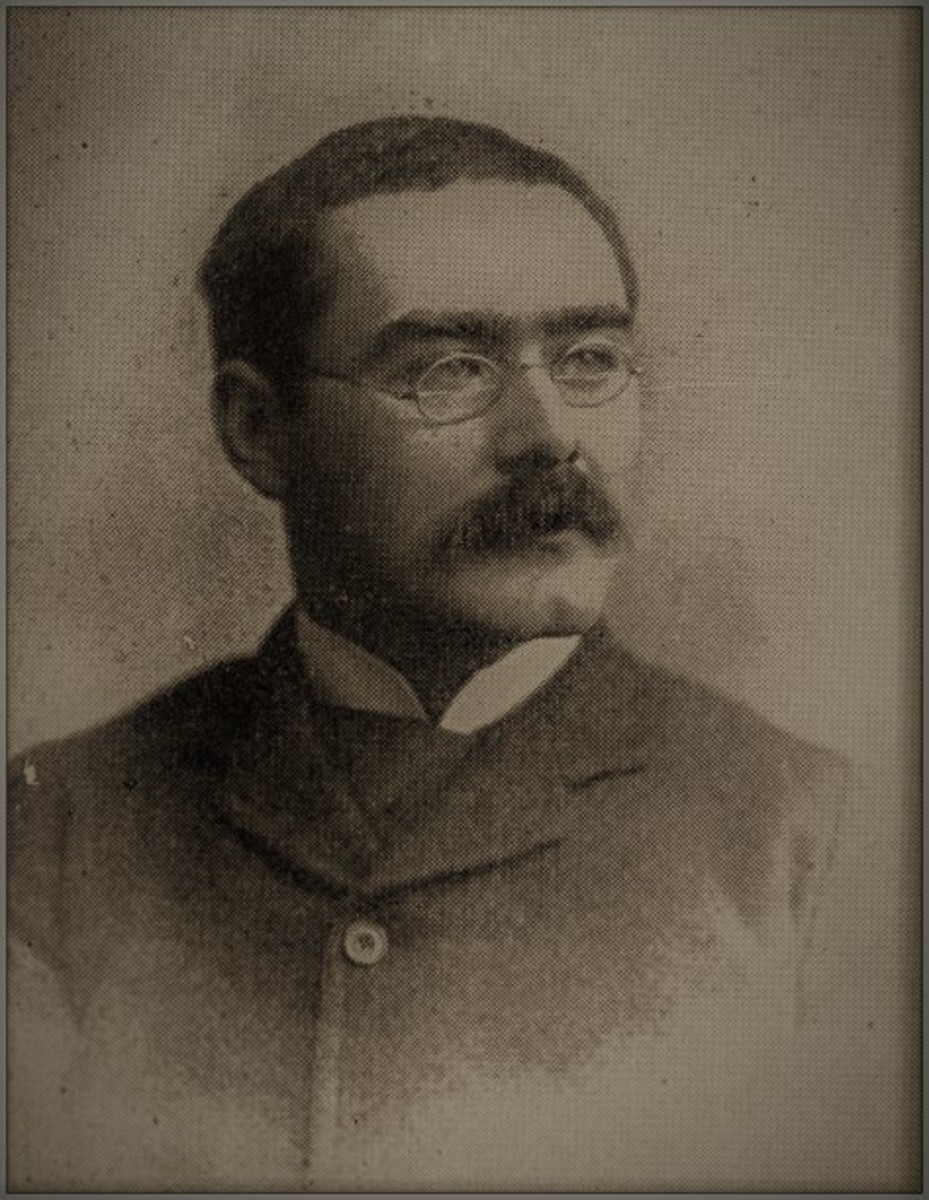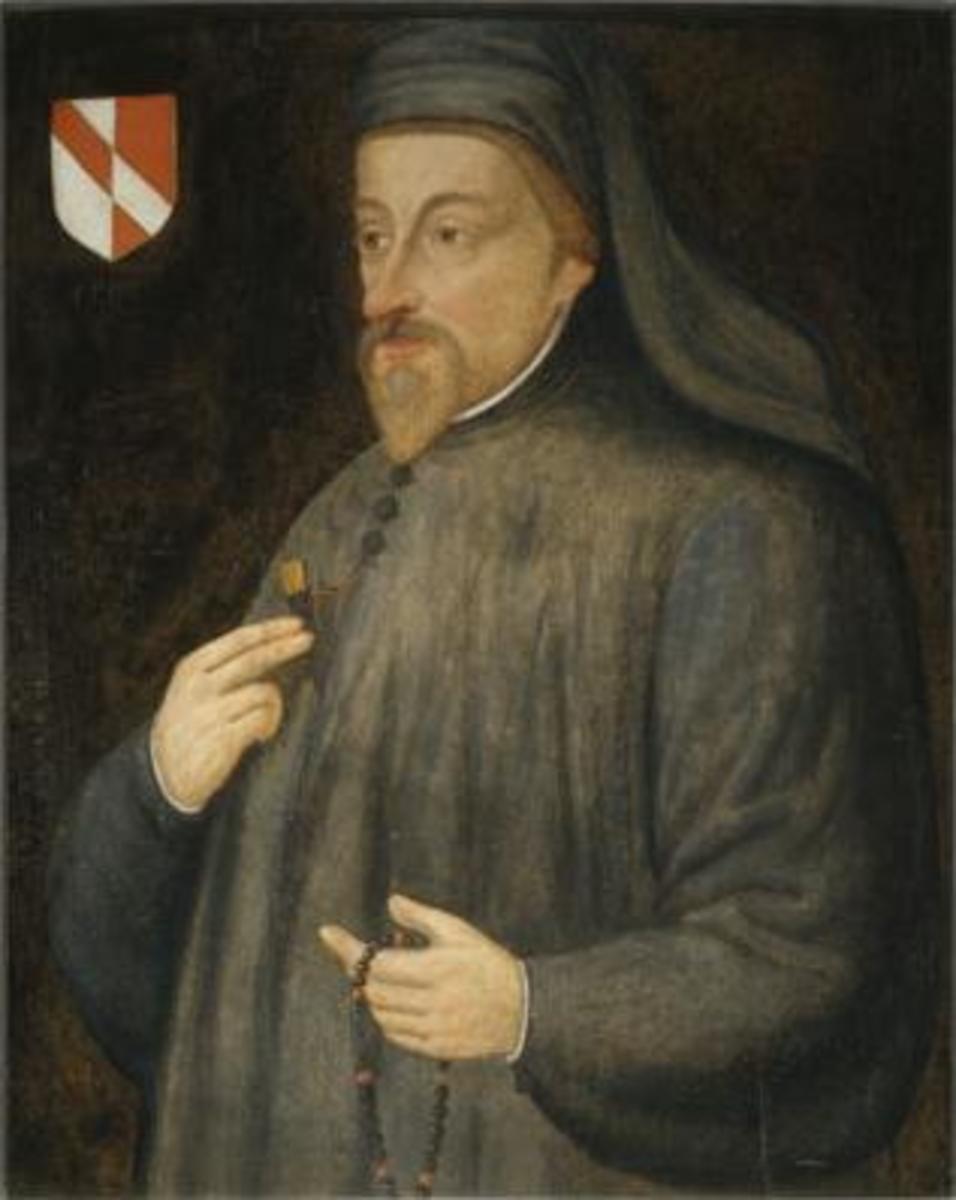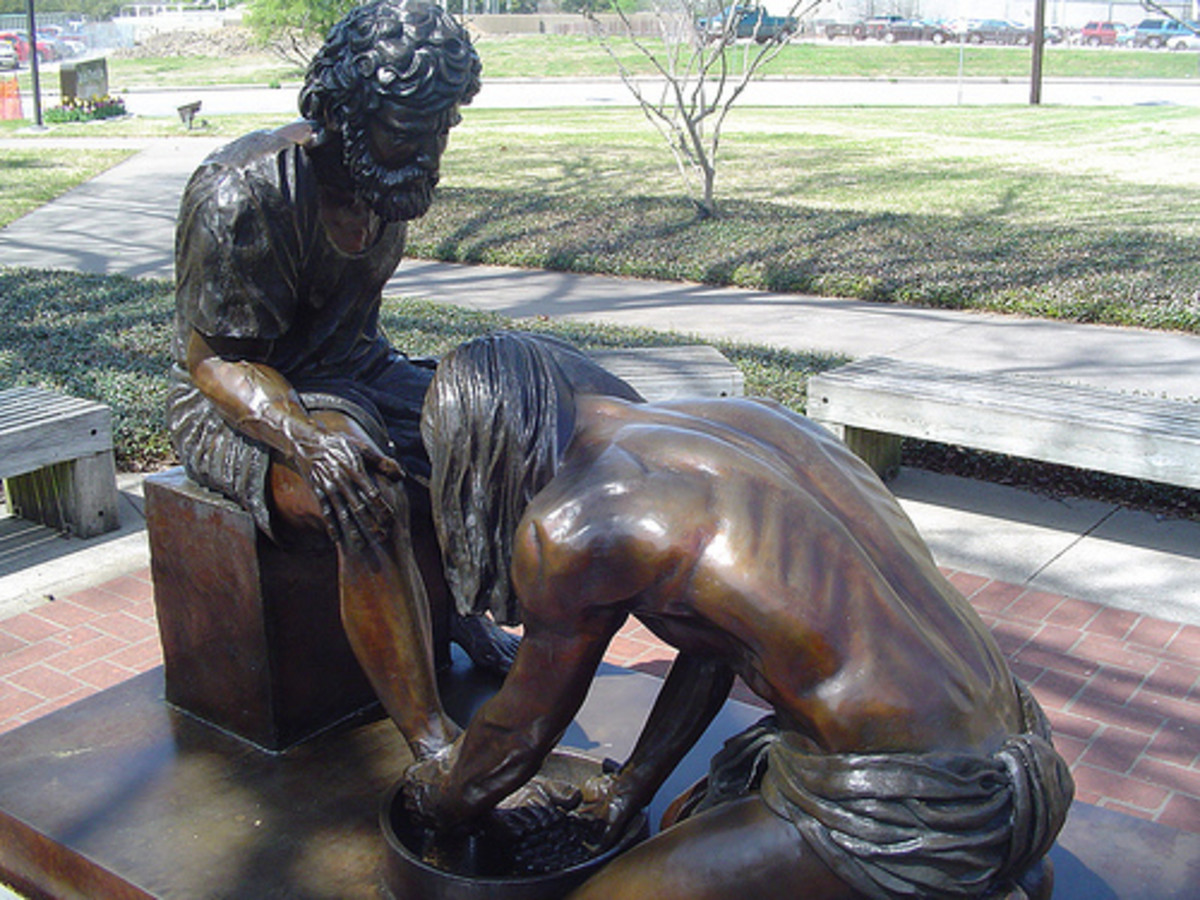An Analysis of the Poem Discipleship by David Watson
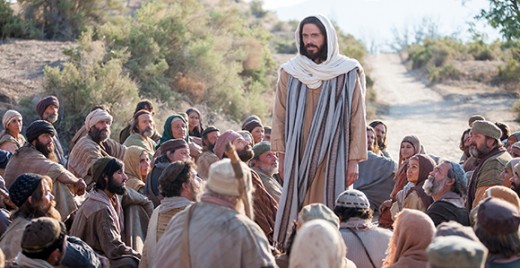
There are many poems written on Discipleship by Christian authors in the West. However, David Watson’s version, was the first one that I read and which was most inspirational and meaningful to me.
In this poem, Watson is talking about the different ways in which the Spirit of Christ expresses Itself. He makes it quite clear that this happens, not necessarily because of our speech or actions, but sometimes even when we are unaware of it. Something that happens naturally when the Heart is pure.
He draws upon the Buddhist teachings – unconsciously, perhaps - through very positive images, ‘a calm and peaceful smile’; a holy light upon your brow’, a laugh …
For him it was not erudite scholarliness, as in the first two lines of the third stanza, but like Brother Laurence’s states, the ‘presence’ of the divine that we bring with us, in our demeanour … our personality … our character…
Like St. Theresa, St Paul and Thomas A Kempis before him, he is inviting us to imitate the Life of Christ, indeed to such an extent, that He - Christ - shines in our eyes and in our Hearts, until we are only Him.
The poem is short, succinct and immaculately beautiful. Here it is:

Discipleship
Not merely in the words you say,
Not only in your deeds confessed,
But in the most unconscious way,
Is Christ expressed.
Is it a calm and peaceful smile?
A holy light upon your brow?
Oh no! I felt his presence while,
You laughed just now.
For me ‘twas not the truth you taught,
To you so clear, to me so dim.
But when you came to me you brought,
A sense of Him.
And from your eyes He beckons me,
And from your heart His love is shed.
Till I lose sight of you, and see
The Christ instead. –David Watson, taken from his book Discipleship.

I enclosed this poem at the beginning of my first book published in 2004. It is sixteen lines without a stanza. I do not remember how it appears in the book Discipleship, but I had gotten permission from Hodder and Stoughton Ltd to re-produce it. My book was called Forty Roses for Our Lord Supreme, now out of print. I have taken the liberty to put Discipleship in stanzas.
The first three lines of every stanza is eight syllables, followed by a fourth which is four syllables and the entire stanza rhymes excellently. Watson has used this approach very effectively, to enhance the cadence and the sublimity of the poem. I would probably call it a free verse Sonnet, really.
Note, however, that it has sixteen lines; not fourteen. Nevertheless, it sorts of grabs one immediately, carrying the image of beauty, vibrancy, flow and Light, all the way to the finish.
David Watson’s life never really lacked flow. One can feel this from his quote below:
“Consistency. Absolute consistency is required, if you want to impress God’s love and commands on your physical and spiritual children.” -David Watson
In my experience in travelling around the world and giving spiritual workshops, many come to us with fire in their blood, but go away and return a week, few months or years later, having made only a luke-warm start. Watson warns against this. Perfect obedience and a one-pointed or steadfast approach to the divine is paramount, he feels.
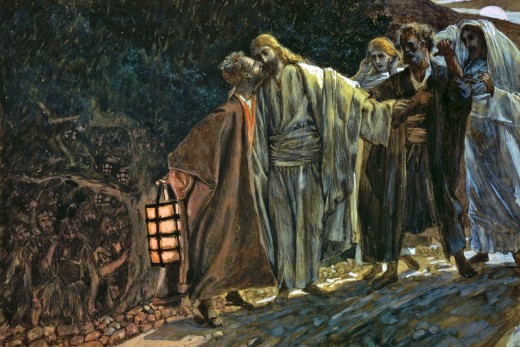
One of the best known evangelists of the Church of England, Watson was a leading figure in Britain's Charismatic Renewal movement, and an avid advocate of Christian unity, leading numerous ecumenical missions throughout the world. Among Watson's many books are Discipleship, from which this poem came and an autobiography entitled You Are My Lord. He also wrote an account of his struggle against cancer entitled Fear No Evil."
David Christopher Knight Watson, (1933 - 1984) was educated at Bedford College (1940-1946), Wellington College (1946-1951) and St. John's College, Cambridge, where he converted to Christianity. He was influenced by David Shepherd, who later became the Bishop of Liverpool. He became a priest in the Church of England, starting his ordained ministry among the dock workers of Gillingham, Kent.
Watson was a powerful orator, writer and evangelist and his congregation grew quite quickly to become many hundreds in only a few years.
As his ministry progressed, Watson was involved with missionary enterprises throughout the world and was a high-profile advocate of reconciliation and ecumenism in Northern Ireland. He was a regular contributor to Renewal magazine, a publication of the inter-denominational charismatic movement, which started in the 1960’s.
David Watson is said to have claimed that western Christians, have largely neglected what it means to be a disciple of Christ. “The vast majority of western Christians are church-members, pew-fillers, hymn-singers, sermon-tasters, Bible-readers, even born-again believers or Spirit-filled charismatics, but not true disciples of Jesus.''
The call to discipleship, he felt, was ‘a call to God's promised glory. This is not a day in which to play religious games. Time is running out fast.' Yet his life suggests that he was well loved and respected by many within the church.
David Watson died of cancer on 18 February 1984, after recording his fight with the disease in a book, Fear No Evil. John Gunstone remarked of Watson that "It is doubtful whether any other English Christian leader has had greater influence on this side of the Atlantic since the Second World War."J. I. Packer called him "one of the best-known clergymen in England.”
References from Wikipedia; Discipleship, from Hodder and Stoughton

